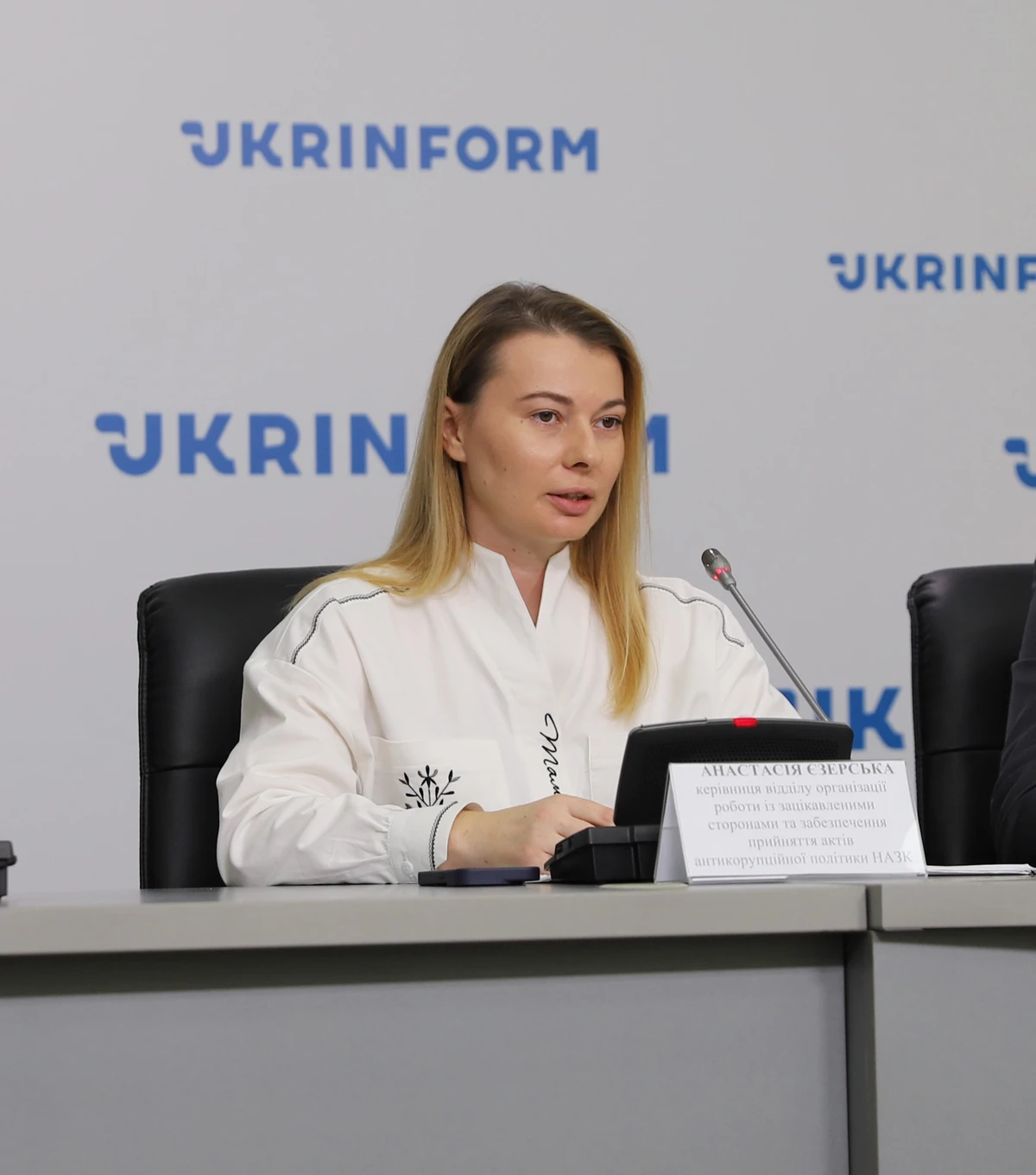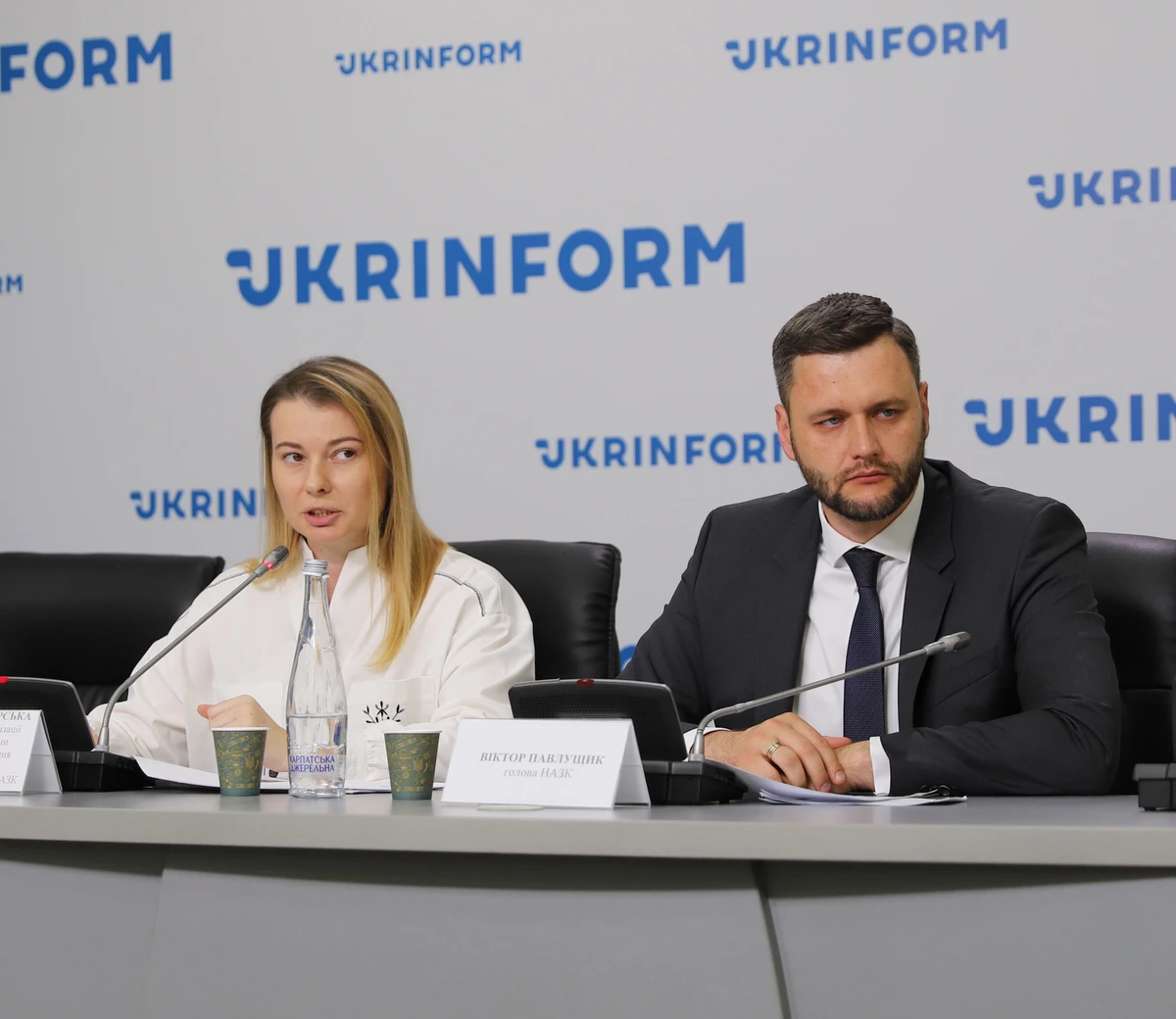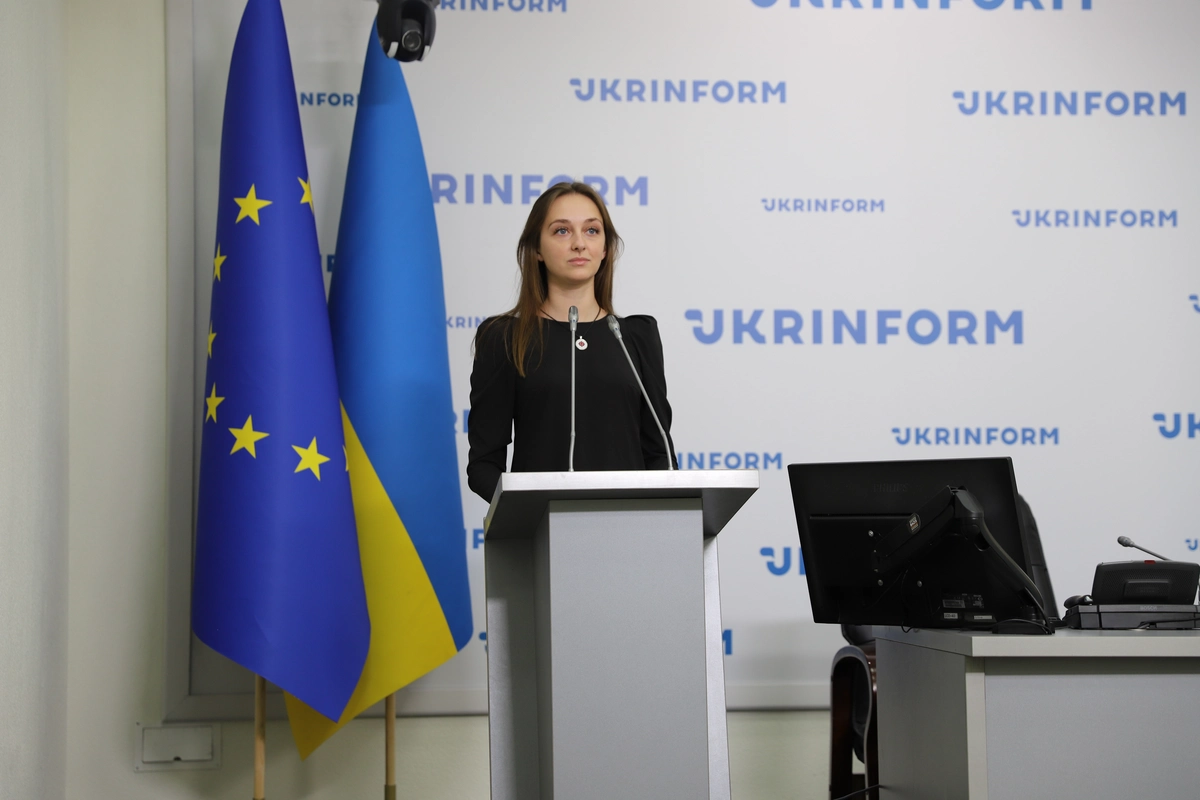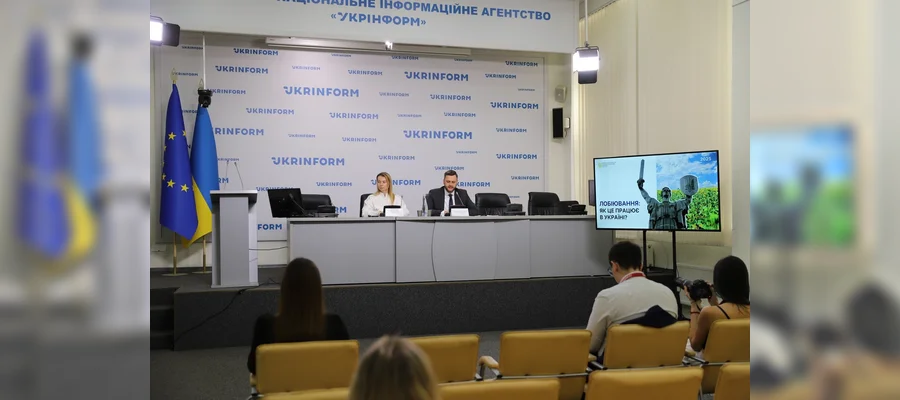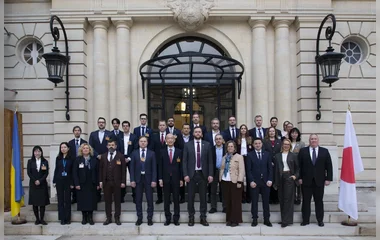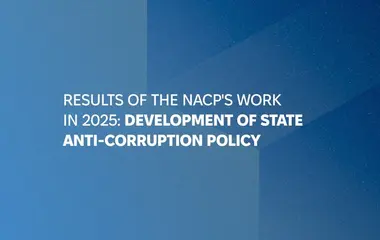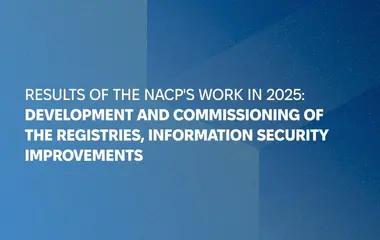Previously, influencing government decisions could occur behind closed doors and without transparency. From today, anyone engaging in lobbying is required to officially obtain the status of a lobbying entity. This was stated by Viktor Pavlushchyk, Head of the National Agency on Corruption Prevention (NACP), during a briefing dedicated to the launch of the Transparency Register.
On 1 September 2025, the Law of Ukraine “On Lobbying” (hereinafter – the Law) comes into force. The Law was adopted by the Verkhovna Rada on 23 February 2024 in fulfillment of Ukraine’s commitments to the European Union as part of its EU accession process. It establishes the legal framework for developing a transparent and responsible lobbying culture, sets rules for influencing the legislative process, and ensures accountability to society.
The Law also defines the conditions and standards for the operation of a key implementation tool — the Transparency Register — an open public platform that collects, processes, and publishes data on lobbying entities and their reporting. NACP is the owner and administrator of the Register.
Viktor Pavlushchyk emphasized that with the launch of the Transparency Register, persons engaging in lobbying — influence or attempts to influence, including public authorities, regarding the adoption of regulatory acts in the interests of beneficiaries or themselves — are required to obtain the status of a lobbying entity.
“For business, this means the ability to influence government decisions openly, not through ‘grey’ schemes or informal connections, but through registered and transparent lobbying activity. For the state, it provides a tool to hear the private sector in an open, equal dialogue and to consider business interests when developing policies. For society, it guarantees that government decisions are not made for the benefit of narrow groups, but with broad public discussion. The launch of the lobbying institute is a fundamental step to ensure that public policy in Ukraine is formed honestly, transparently, and in line with European standards,” said the NACP Head.
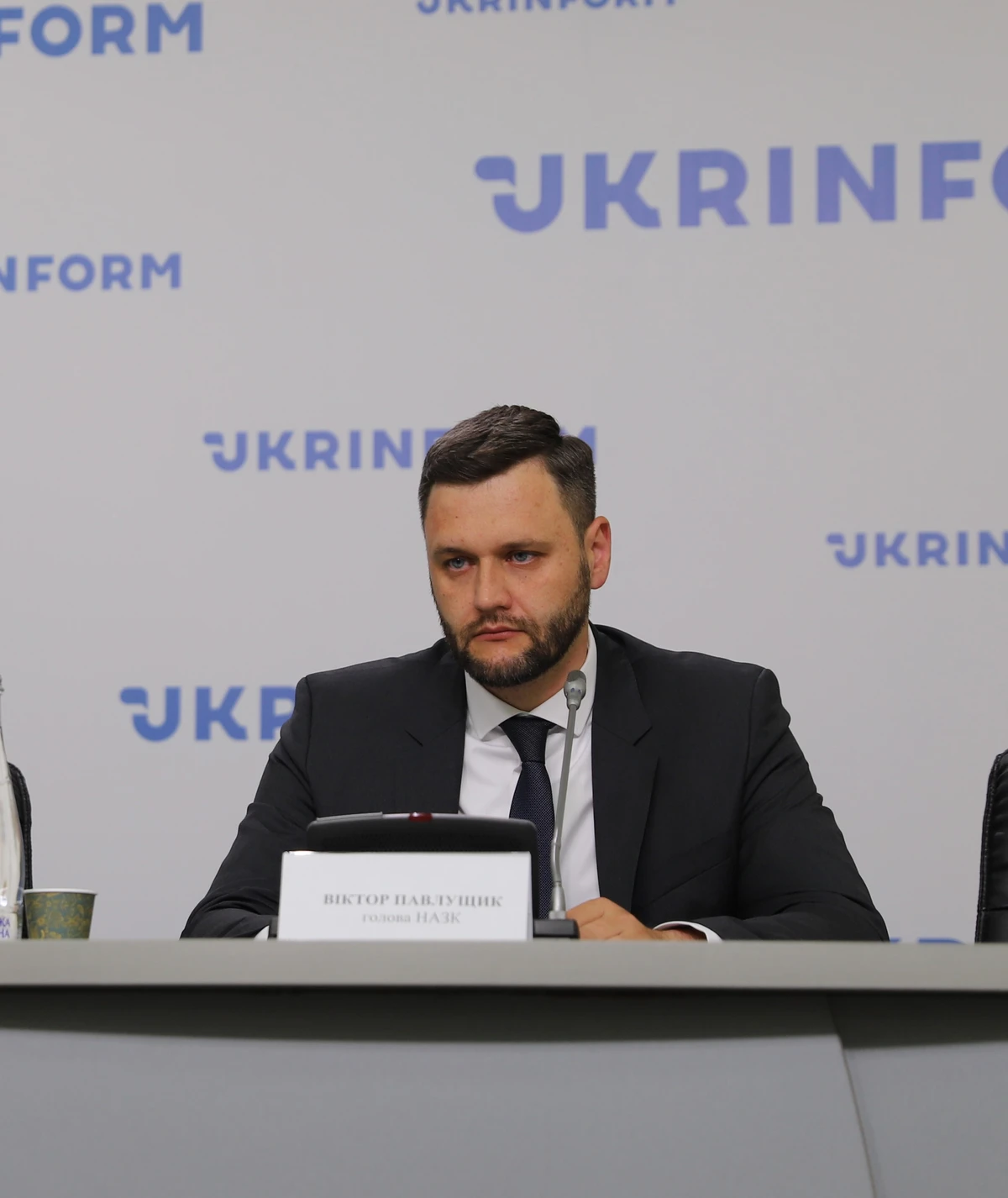
According to him, the launch of the Transparency Register is the result of joint work between the NACP, potential lobbying entities and stakeholders. He noted that throughout 2025, NACP conducted about 20 discussions, consultations and system tests, during which reasonable proposals from all participants were taken into account.
“Many of these ideas were implemented, and from today the system is fully operational. This is an example of how important tools can be created through cooperation between the state, business, and civil society,” emphasized Viktor Pavlushchyk.
Anastasiia Yezerska, Head of the Department for Stakeholder Engagement and Implementation of Anti-Corruption Policy Acts at the NACP, explained that lobbying is clearly defined in the legislation and consists of four key elements: commercial interest, the influence itself, the object of influence (subjects of lawmaking activities and initiatives), and the subject of lobbying (a regulatory act).
“However, not all government decisions can be influenced through lobbying. Exceptions regarding the subject of lobbying are primarily related to martial law in Ukraine,” she emphasized. According to the Law, lobbying cannot concern declarations of full or partial mobilization, the introduction of martial or emergency law in Ukraine or its parts, declarations of war or peace based on the President’s submission, the use of the Armed Forces of Ukraine and other military formations established under Ukrainian law, designation of certain areas as zones of emergency environmental situations, changes to Ukraine’s territory, or amnesties,” Anastasiia Yezerska added.
Reminder: On 1 September, the Transparency Register was launched into full operational use
